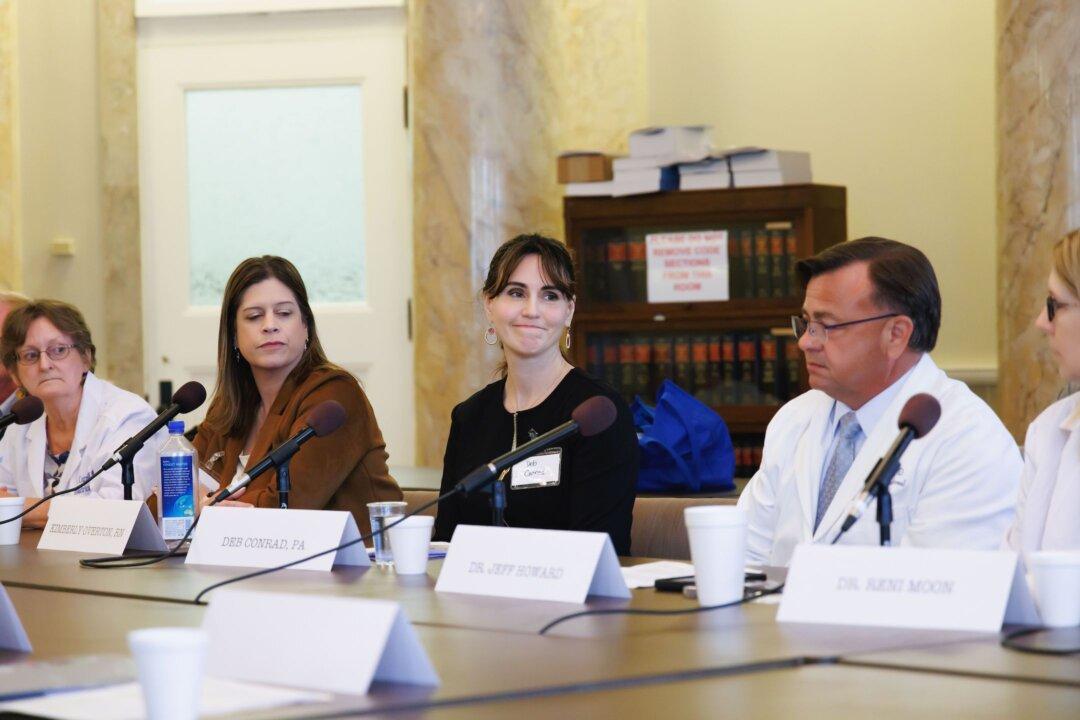For her efforts to report injuries to the Vaccine Adverse Events Reporting System (VAERS) and to educate others in her hospital system on doing the same, Physician Assistant Deborah Conrad said she was labeled an anti-vaxxer and fired from her job.
Today, the New York-based Conrad tells her story at medical freedom conferences throughout the country, the most recent being one in Mississippi where physicians, scientists, and the vaccine injured warned state lawmakers to pull the COVID-19 vaccines from the market.






